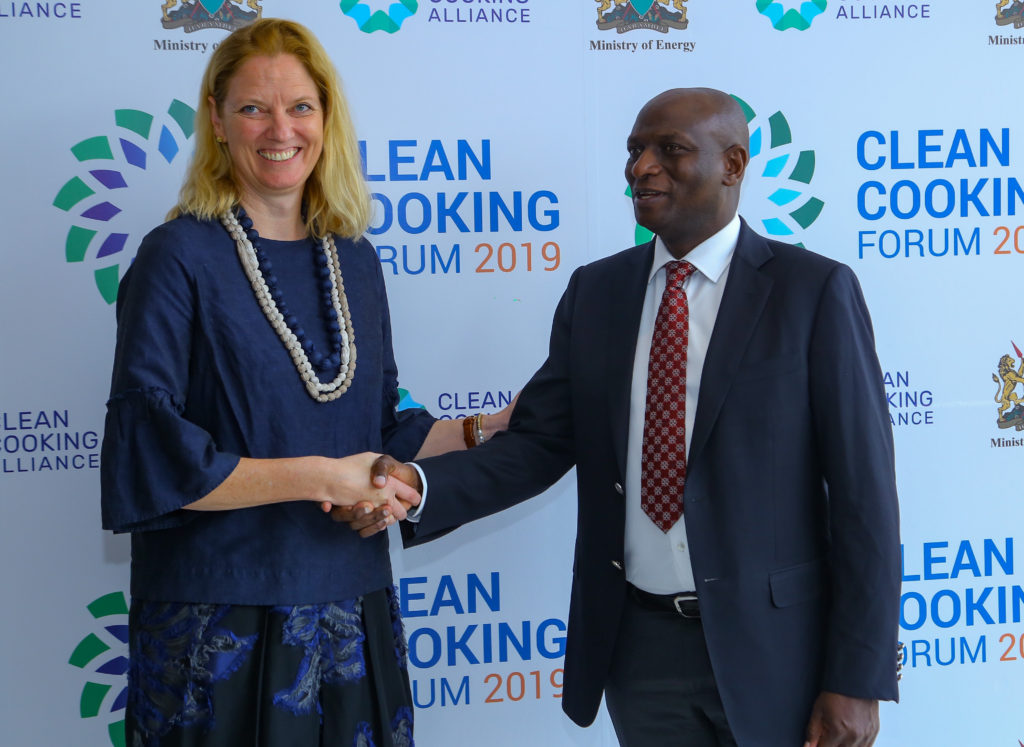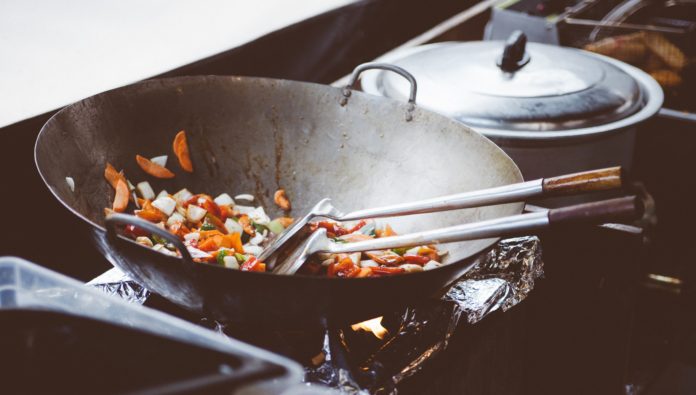By Clifford Akumu
The number of households still using wood as their primary cooking fuel is alarmingly high, a new study has shown.
Kenya Cooking Sector Study 2019, conducted between 1999 and 2019, says 64.7% of the population (about 8.1 million) households still use wood exposing them to harmful pollutants, one of the largest health risk factors for mortality in the country claiming about 21,560 people annually.
The household survey, commissioned by the Clean Cooking Association of Kenya in collaboration with the energy ministry also revealed that LPG gas use among households had increased from 600,000 to 3.7 million over the same period while charcoal stood at 1.3 million.
Under the Paris Agreement, Kenya has committed to reducing its greenhouse emissions by 30% with clean cooking expected to contribute approximately 14% of this target.

And to ensure that everyone has access to modern clean cooking solutions, the government has revised its target by two years ahead of the global target of 2030.
Chief Administrative Secretary in the Ministry of Energy, Simon Kachapin said the government has now set its target to 2028 as a broader commitment to champion the use of clean cooking methods.
“This means we have to do things differently, disrupt our way of thinking, as a business, as usual, will not enable us to achieve our global and national aspirations,” Mr. Kachapin told delegates attending the Clean Cooking Forum 2019 at the end of the week when he presided over the closing ceremony.
Kachapin noted that clean cooking is a cross-cutting issue, affecting many sectors and required a multi-stakeholder approach to unleash its potential to drive development.

“The clean cooking industry has the potential to play a catalytic role in socio-economic development, beyond the core benefits of the environment, gender, and health. It, therefore, requires various stakeholders to collaborate,” he added.
He further challenged countries to audit and update their policies on energy access to reflect the true meaning, beyond just electrification.
“Universal access to energy comprises productive use, energy for lighting and energy for cooking. However, the majority of us associate energy access with electrification, especially in developing countries,” he noted.
Dymphna van der Lans, Chief Executive Officer, Clean Cooking Alliance noted the insufficient level of funding and investment in the sector adding the need for a hybrid and inclusive approach to meet the goal of universal access to clean cooking by 2030.
“Despite its far-reaching benefits, clean cooking is too often seen as a second-tier priority. We need to move away from thinking of energy access versus clean cooking to one where we embrace all household energy needs,” said van der Lans.
Delegates attending the forum resolved to lobby for designation of the International Day for Clean Cooking through the UN Framework; as well as the creation of the Clean Cooking Fund.
The forum, co-hosted by the Ministry of Energy and the Clean Cooking Alliance, brought together over 500 delegates from 50 different countries.














